Al-Pac Adventure – Life is a Forest Stewardship Council certified Tree(at)
July 26, 2019 11:21 am Leave your thoughts
Hello readers,
There has been a change of plans since I last checked in. My schedule has been changed a bit due to an alteration in the tree planting plans. As Tina, my supervisor, says silviculture is all about going with the flow so we shall see when I flow into the tree plant.
Instead, I have been focusing on my work involving Al-Pac’s Forest Stewardship Council (FSC) monitoring reports. I have been developing monitoring reports on fish stream assessments, stream crossing monitoring, and permanent sampling plots/growth and yield.
FSC is a forest certification system that is used to ensure that the harvesting of timber is done responsibly. I think it’s very cool how companies like Al-Pac embrace forest certification systems to help protect the environment and practice responsible forest management. While developing these monitoring reports, I interviewed several of my colleagues about their area of expertise. It’s interesting to talk to people who have worked in the forest industry for years about their different projects.
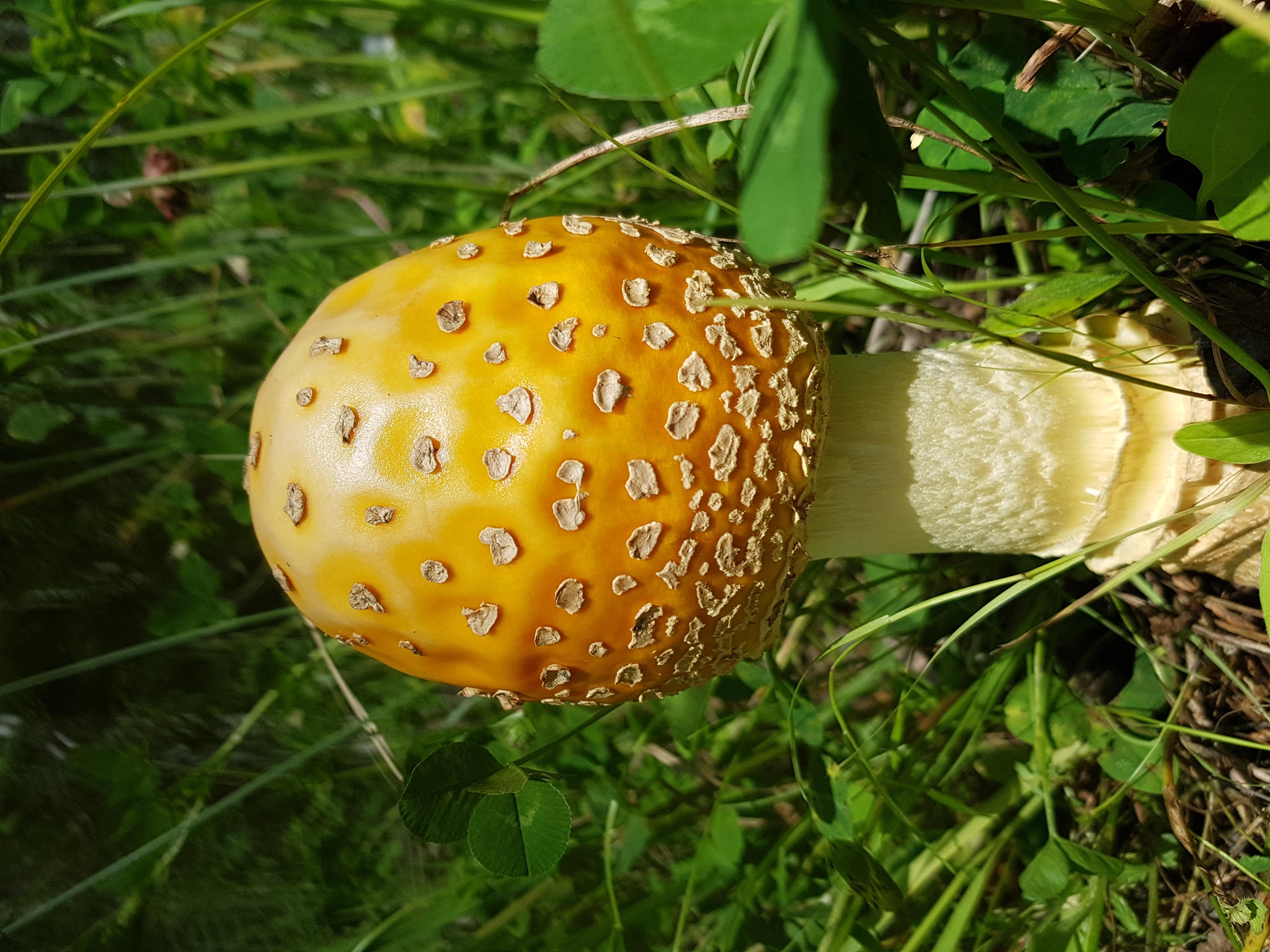
I spent a week conducting fish stream assessments to aid in writing that particular report. However, my personal experience with things like PSPs and stream crossings are limited. One of my favorite aspects of forestry is the extent of knowledge that is encompassed in the field. There’s a saying about forestry that goes like “Forestry isn’t rocket science, it’s much more complicated”; and that really speaks to the complexity of the forest industry. These monitoring reports are geared towards a wider audience which can be a difficult level of writing to achieve. I find myself either being way too casual or on the opposite side of the spectrum speaking in technical jargon.
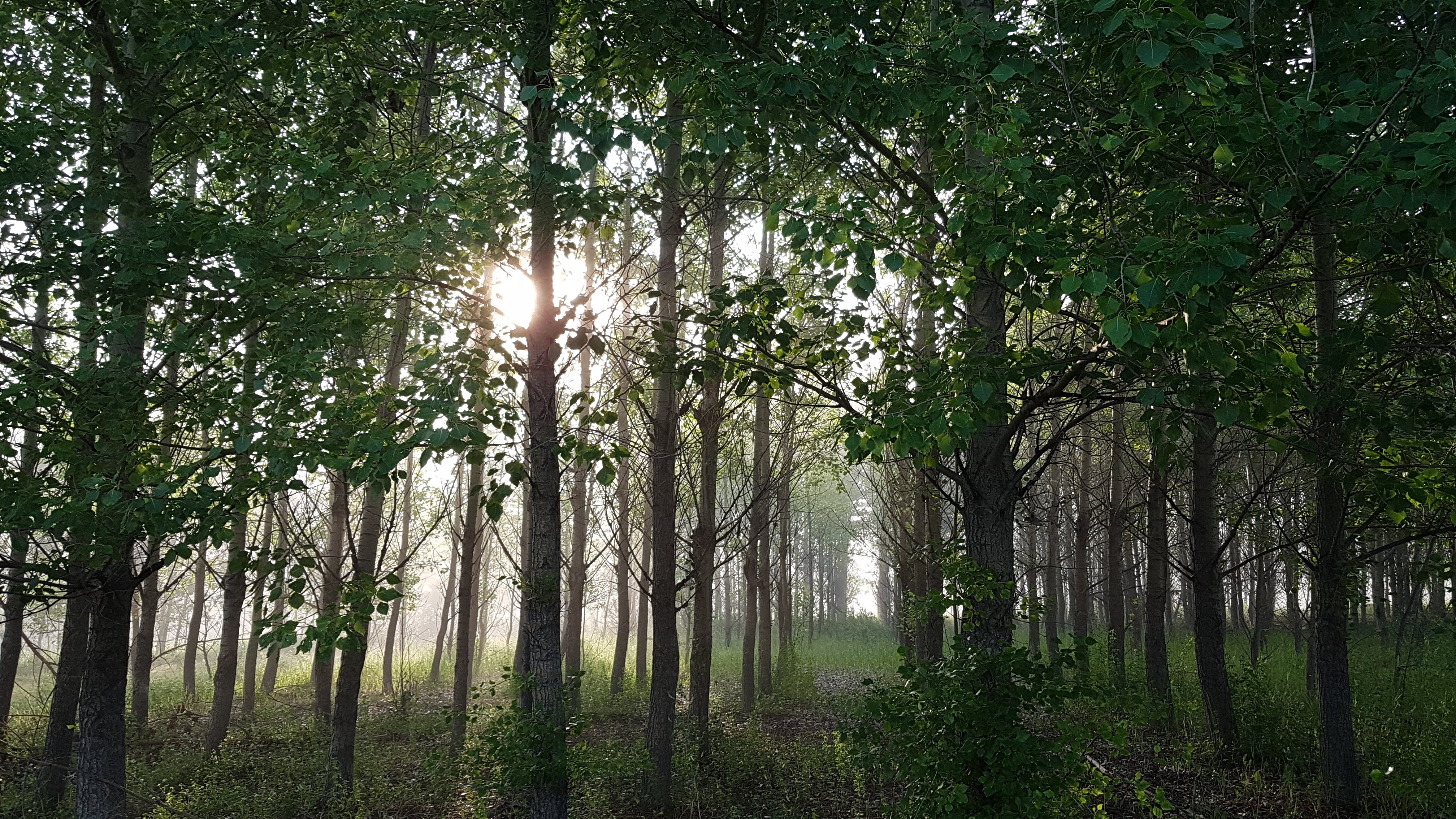
I have also been making booklets for the Woodlands team members that contain the new National FSC Standard. It doesn’t matter how many years of education you may have; everybody struggles with printing. Or that’s what I tell myself when I am struggling to print documents properly. After struggling with the printer and binding the books (after breaking the hole punch machine temporarily and fanning each piece of paper so it would print properly), I created enough booklets with the new national standards for the Woodlands team to use in the future.
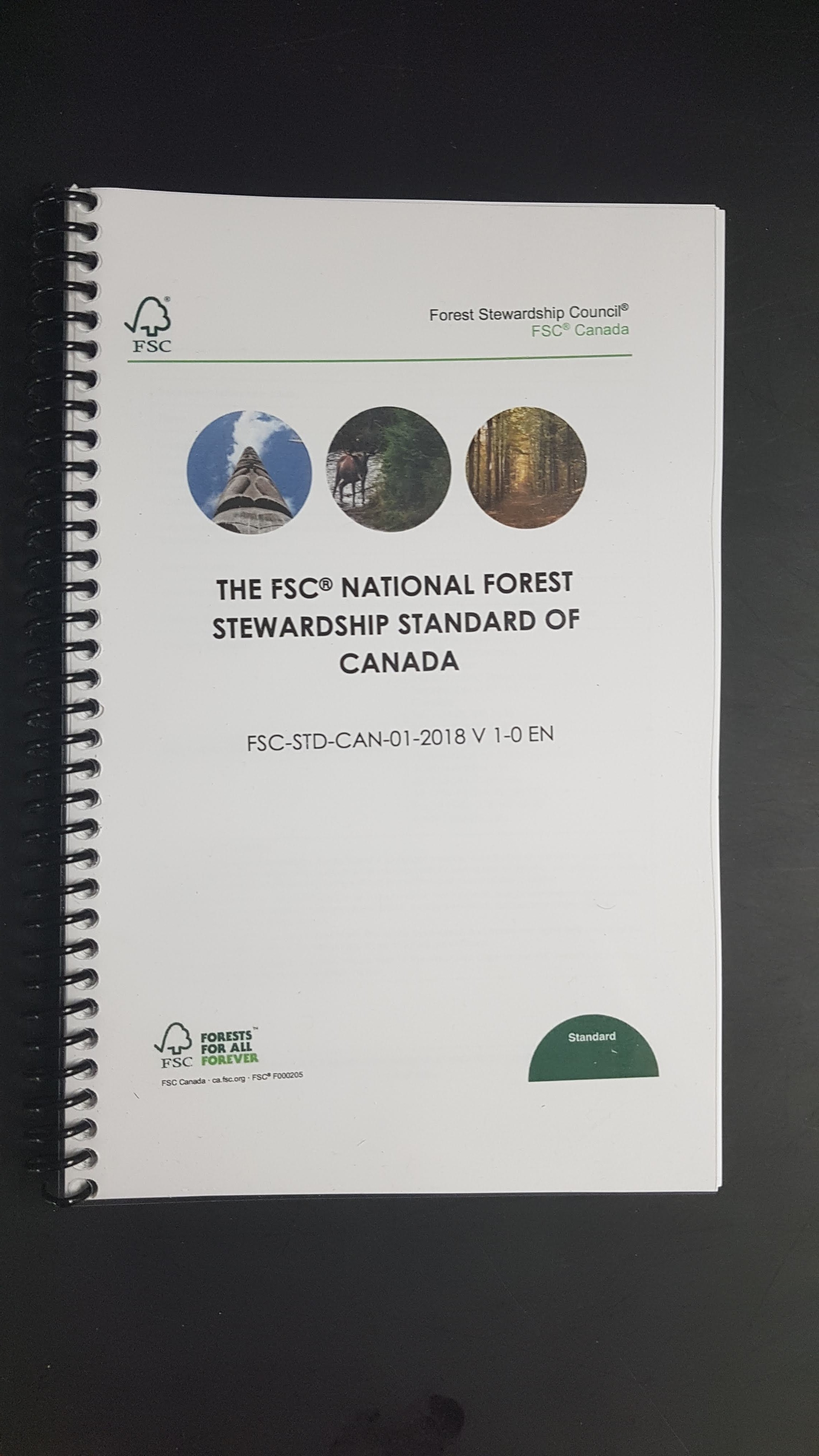
My summer has been going incredibly well. I have visited the beach at least once or twice a week with my fellow summer students with efforts to even out my very severe farmer’s tan. I feel like somebody should tell forestry students that they will never have an even tan in their life with all of the PPE they are required to wear. Nevertheless, I digress, we usually go to Long Lake Provincial Park, just south of our campus in Boyle, which has a great beach. Unsurprisingly, Long Lake is very long! Lac La Biche is also a great place to go for a dip at Sir Winston Churchill Park. I don’t think I have ever gone swimming so much in my life. Living close to many lakes is a spectacular perk to living outside of the city.
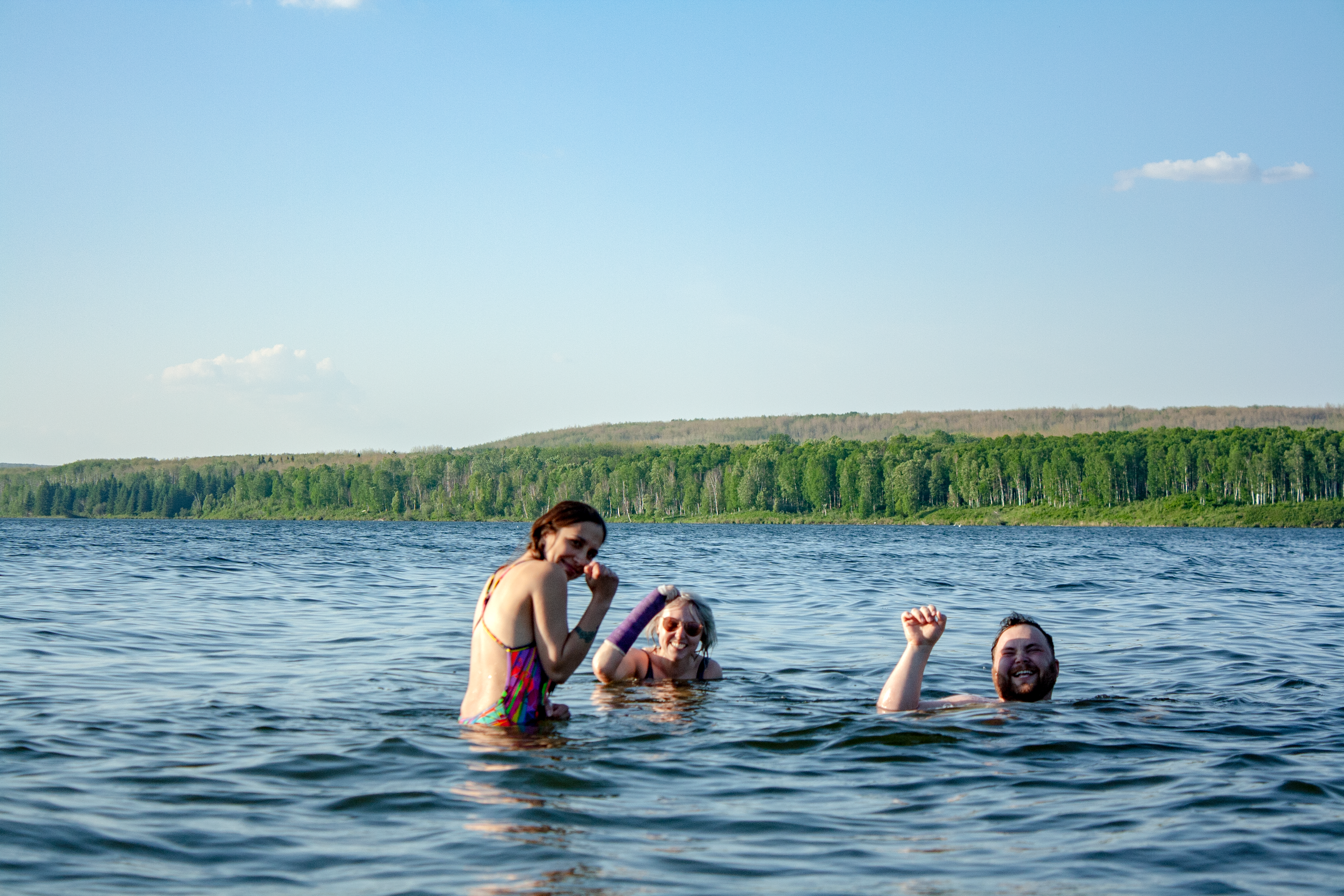
Another project that I am involved in is the creation of a Traditional Ecological Knowledge plant collection. This dovetails nicely with my own personal plant collection habit. This collection is based on previous research into which plants Indigenous peoples traditionally use across the FMA. I was given a list of 44 native species that need to be collected and pressed. Interestingly, we are using a microwave plant press and it works fairly well. This project will truly push my ability to ID plants to the limit. Thank goodness I don’t have to collect and identify willows!
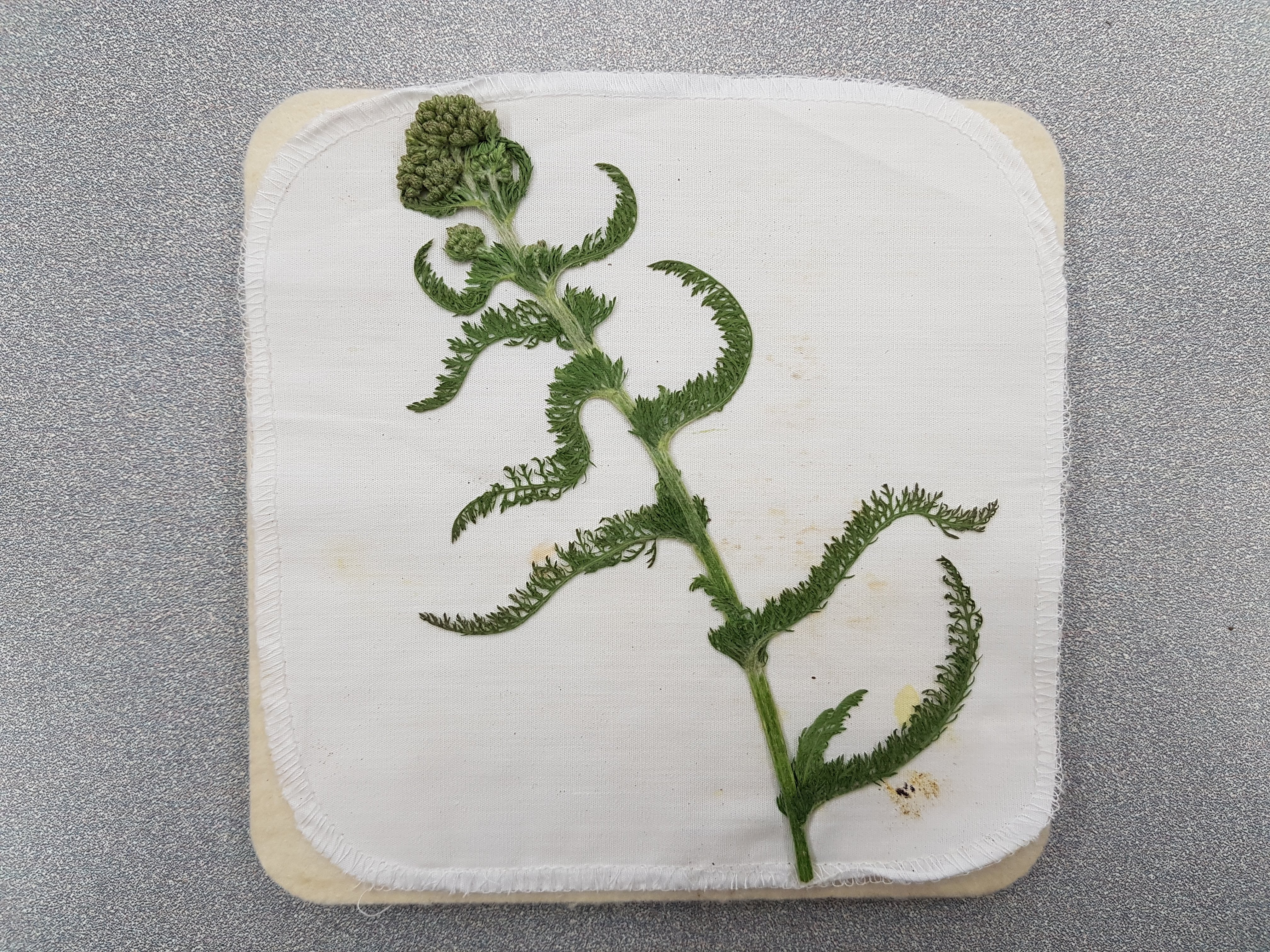
I hope you have enjoyed reading this blog post and following my Al-Pac adventure so far! Next time I’ll be writing more about the second round of the poplar tree plant, tree plant checks (for real this time) and planning in the aftermath of a fire.
